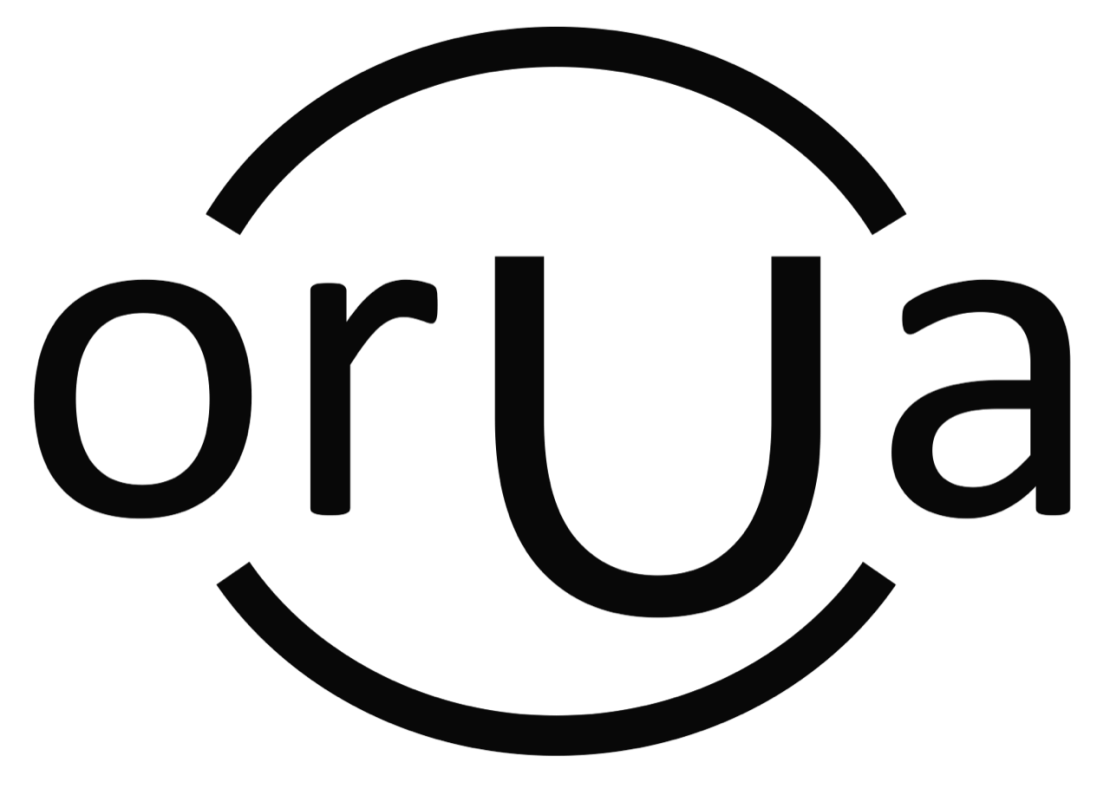DIGITAL ECOSYSTEMS THAT EMPOWER COMMUNITIES
Research led by ORUA, the Global Partnership on AI (GPAI), Te Pūnaha Matatini (TPM), and the Faculty of Engineering at the University of Auckland is democratising digital technology such as digital twins and artificial intelligence (AI) to empower communities to innovate and problem solve so they can flourish now and into the future
Photo by Omar Lopez on Unsplash
Ka mahia tenei rangahau ki nga whenua me nga wai o Te Kawerau a Maki me Ngāti Whātua Ōrākei me Ngāti Porou. Tēnei ka mihi! This research takes place on the lands and near the waters of Te Kawerau a Maki, Ngāti Whātua Ōrākei and Ngāti Porou. We acknowledge them!
We acknowledge that the concept of connections within place are a taonga from mātauranga Māori and are grateful to Dion Pou for sharing this knowledge from Māori.
Diversity & Participation
Exploration & Playfulness
"Measure Twice, Cut Once"
Community Empowerment
Respect of Sovereignty
The Digital Ecosystems Project is a research collective of communities, researchers and industry working on empowering communities with cutting edge digital technologies to enhance their autonomy and support them to flourish. The integrated platform of digital technologies is known as a digital ecosystem and provides ease of access so communites can better understand and problem solve complex issues. Our collective includes communities from throughout Aotearoa | New Zealand including people from Te Atatū, Tairāwhiti and Wairoa as well as researchers from ORUA, Faculty of Engineering and Design and University of Auckland more widely, Te Pūnaha Matatini (TPM) and the Global Partnership on Artificial Intelligence (GPAI). The Digital Ecosystems Project also has a LinkedIn Group.
Digital Ecosystems Blog

Some Videos on Digital Modelling
As part of Te Pūnaha Matatini’s recent Visual Design Literacy workshop I was lucky enough to work on some compact presentation about the digital models within digital ecosystems.

What are Energy Digital Twins?
At the national scale, digital twin models are in major use in the energy sector to run, model and optimise the system.

What are Digital Ecosystems?
Digital ecosystems aim to democratise digital technology such as IoT Sensors, data stores, digital models, e.g., digital twins, and AI so that groups of people (communities) with a shared interest can creatively problem solve and collaboratively make decisions.

The Digital Ecosystems concept
Digital ecosystems empower communities to explore strategy and logistics in the same conversation. They empower communities to be like a tamaiti haututū, i.e., to be playful, curious, busy and active in understanding their world and making decisions about it.
